CarEdge saved me over 4,500 dollars on a brand new Honda Pilot. I can't say thank you enough.
Price intelligence
Find a wide range of vehicle listings with market insights on new and used listings near you.


Help us personalize your CarEdge experience — it only takes a second.
Your answers help us personalize your CarEdge journey — we’ll follow up with tips and next steps that match your buying timeline.
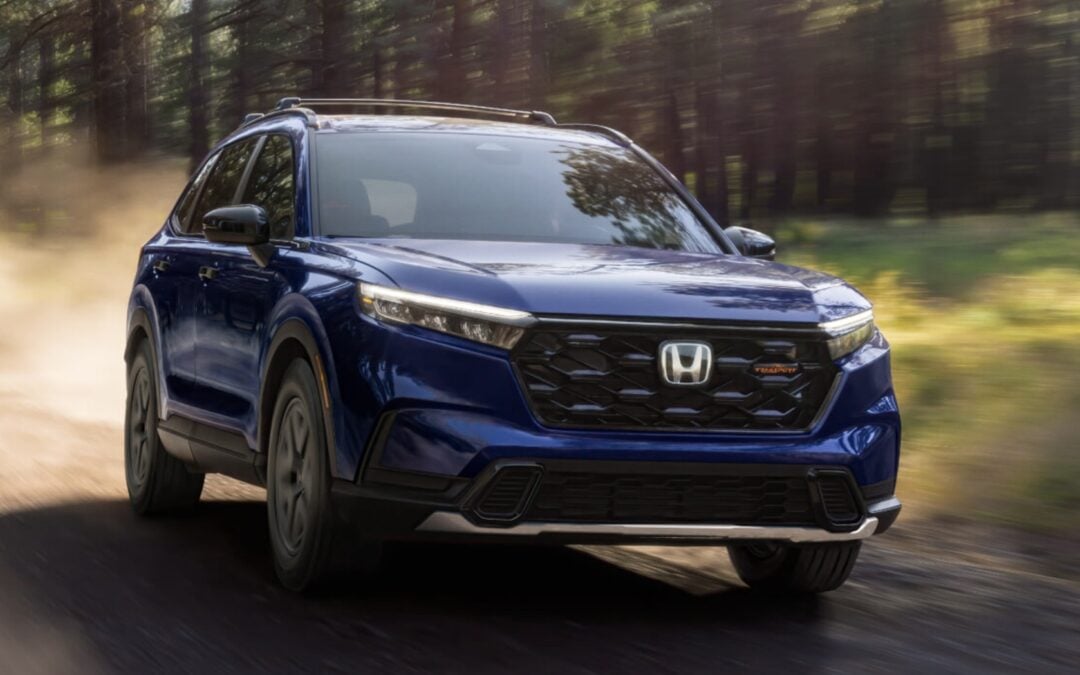
A reliable car is important. Nobody likes breakdowns, and the cost of fixing problems quickly adds up. But if you’re planning to keep your car for the long haul, reliability is just one factor you need to consider. Depreciation can also hit your wallet if you decide to sell your car and find that its resale value is lower than that of a competitor model.
With that in mind, we compiled this list of the brands with both excellent predicted reliability and high resale value. We combined our analysis of resale values—based on millions of car listings and other data points—with the latest Consumer Reports reliability rankings for new and used cars for 2026.
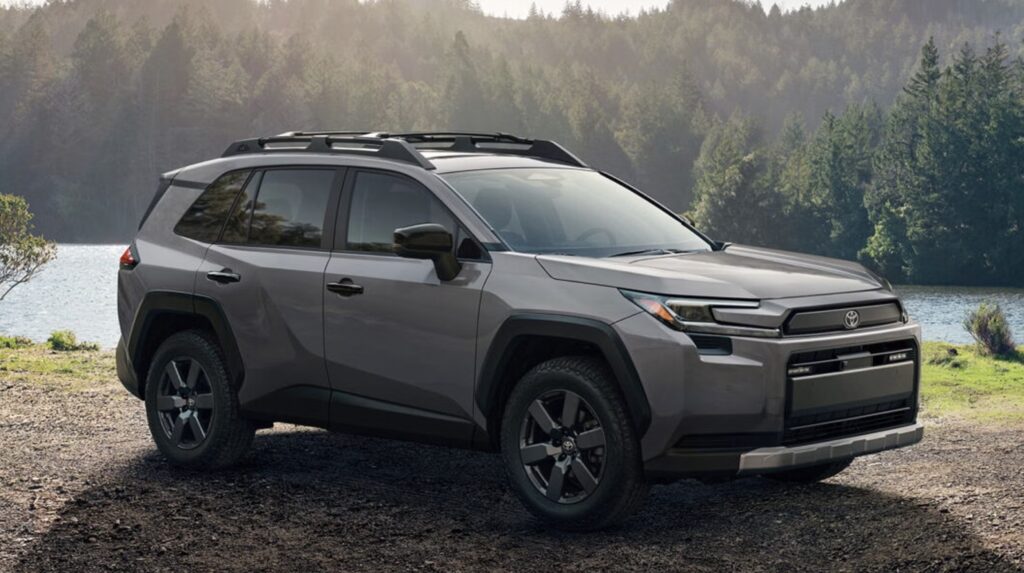
If you want high reliability and low depreciation, Toyota is the safest bet. It’s our top-ranked popular brand for resale value over three-year, five-year, and seven-year periods. Consumer Reports also ranked it number one for predicted new-car reliability with a score of 66 out of 100. Toyota was also ranked second for used-car reliability, behind only its Lexus luxury brand. The 4Runner was the highest-ranked Toyota model for new-car reliability, and also ranks in our top 10 for resale value after five years. If you’re buying used, this sterling resume will mean higher prices. But you’ll be getting a dependable car that holds its value.

Lexus is our top-ranked luxury for resale value after three, five, and seven years. It is also the top-ranked brand in Consumer Report’s used-car reliability rankings, and third in predicted reliability for new cars. In the latter ranking, it’s just six points behind parent brand Toyota. The highest-volume Lexus models share a lot of components with Toyota models, helping to imbue the luxury models with a similar level of reliability that in turn helps them hold their value better than rivals.
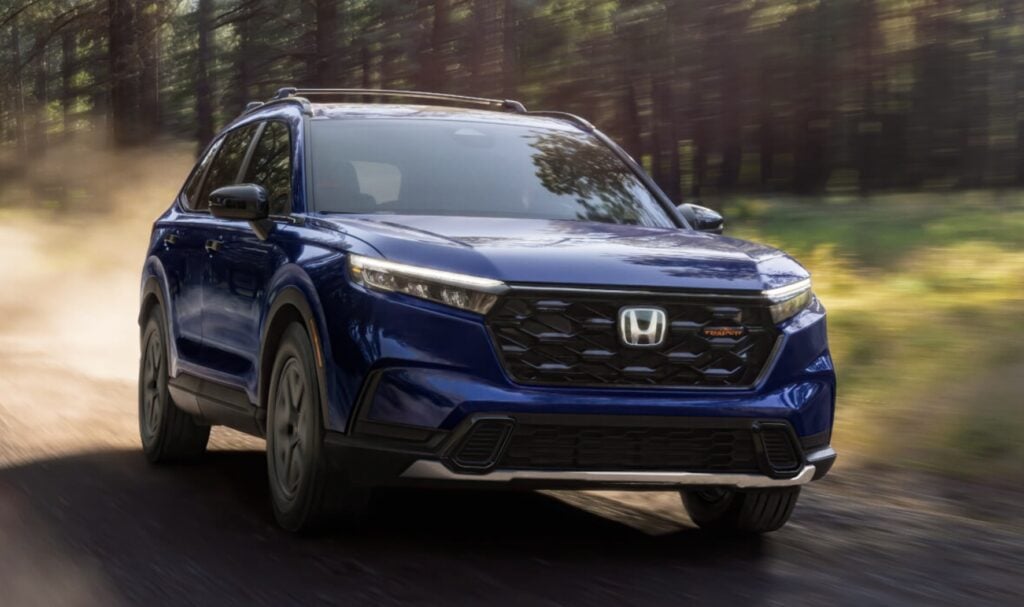
Honda shows strong resistance to depreciation with a bronze medal after three years and five years, and second place after seven years. Consumer Reports ranked it fourth in both used-car reliability and predicted reliability for new cars. That consistent performance came despite the new Honda Prologue scoring below average. More traditional Honda models like the Accord and Civic have long been go-to options for simple, reliable transportation while providing a little something extra for those who really care about driving.

Mazda resale values have improved recently, to the point where this Japanese automaker now ranks fourth over all three periods we analyze. Its performance in the Consumer Reports reliability rankings has been less consistent. Mazda placed third in the most recent used-car rankings, but dropped eight spots in new-car predicted reliability, from sixth to 14th. That’s largely due to a split in predicted reliability between models that have been in production longer, like the Mazda 3 compact, and the newer CX-70 and CX-90 SUVs. Mazda still has a lot to offer if you avoid those models.
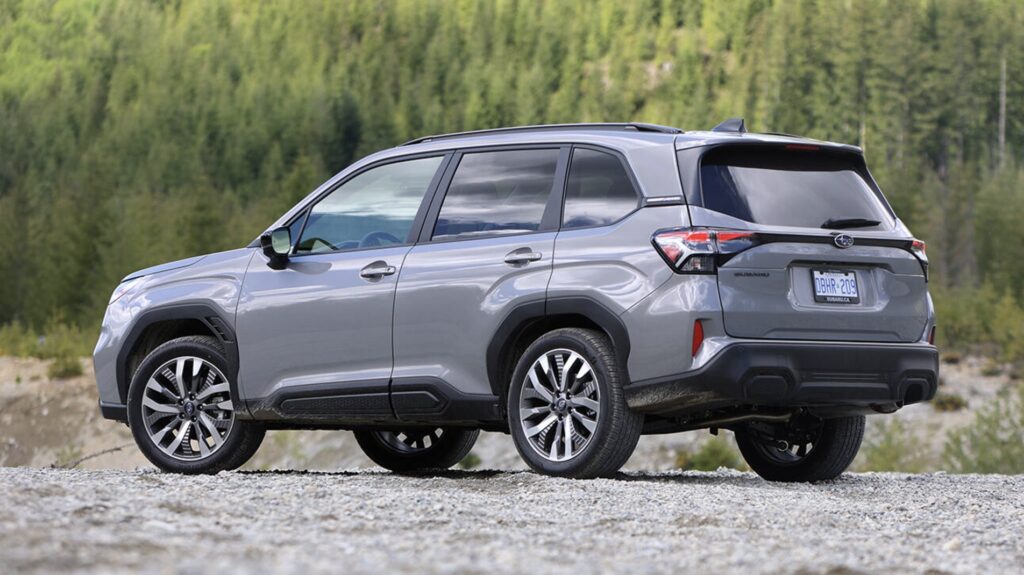
Subaru is our second-ranked brand for resale value after three years and five years, and the third-best after seven years. It did drop one spot in Consumer Reports’ predicted new-car reliability rankings this year, meaning it had to settle for second place behind Toyota. Predicted reliability does vary a bit by model, with the Impreza and Crosstrek getting high marks and the Forester and Ascent scoring just average. That might explain Subaru’s lower position (12th) in Consumer Reports’ used-car rankings. If you live in an area where Subarus are popular—the Northeast, Northwest, or Colorado—resale values will be higher regardless of model.
Among popular car brands, Subaru has the overall lowest cost of ownership according to CarEdge. Only Fiat and Mitsubishi, which sell in much lower volumes, fare better.
Reliability and depreciation don’t always go together. For example, Ram does well compared to other mainstream brands in our resale-value rankings, but it’s near the bottom in Consumer Reports’ reliability rankings for 2026. Ideally, your next car purchase will embody both qualities.
High resale value doesn’t make a trouble-prone vehicle any easier to live with, and steep depreciation can hurt the ownership-cost calculation even if a car is reliable. As this list shows, though, there’s plenty of crossover between reliability and value retention among popular and luxury car brands for 2026.
Whatever brand you choose, CarEdge can also help you get the best possible price with our buying tools. CarEdge Concierge handles the entire process for you, from finding the right vehicle to negotiating the best price. Prefer to do it yourself? CarEdge Pro gives you insider data and an AI agent to negotiate on your behalf. Either way, you’ll get a great deal on your next vehicle.
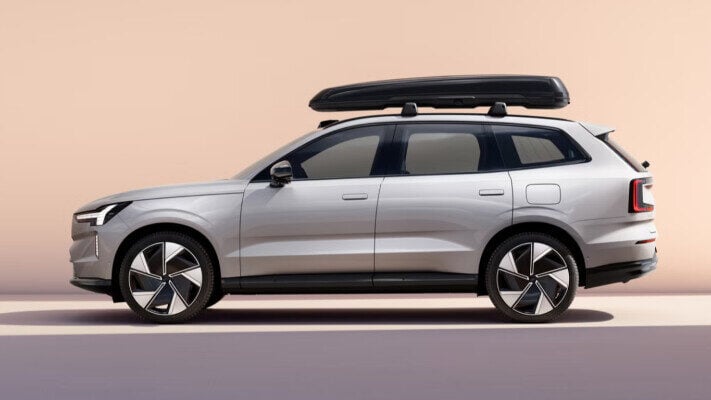
December is always a numbers game for automakers. With just weeks left in the year, manufacturers are under pressure to hit sales targets, and that pressure translates into some of the best lease deals we’ve seen all year. We’ve gathered every single $0-down lease available this month from brands like Honda, Ford, Volkswagen, and Volvo. With 21 different deals to choose from, these year-end sales blow last year’s offerings out of the water.
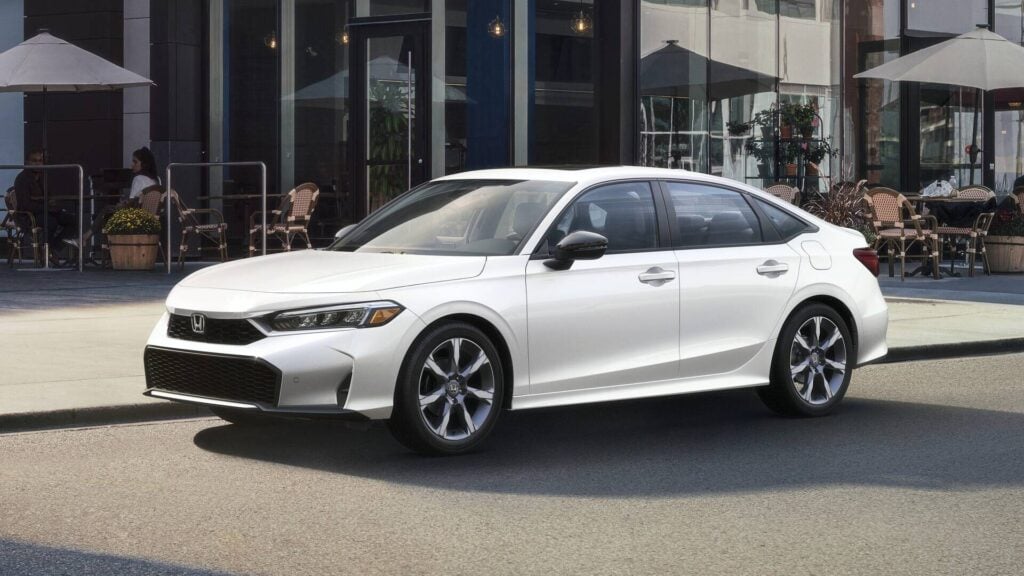
Best Deal: $350/month for 36 months with $0 due at signing
This $0-down lease deal on the 2026 Civic LX might be the only one from this best-selling brand on our list, but it’s at the top for a reason. Scoring an enticing lease on one of its most popular models feels almost as good as waking up on Christmas morning.
Offers like this won’t last long. See Honda offer details.
See Honda Civic deals with CarEdge
Best Deal: $499/month for 36 months with $499 due at signing
Traverse rough terrain in 2026 with ease behind the wheel of a 2025 Explorer Active 4WD, one of Ford’s best-selling three-row SUVs.
This deal expires soon. See Ford offer details.
See Ford Explorer deals with CarEdge
Best Deal: $477/month for 36 months with $477 due at signing
Experience America’s best-selling truck and tackle whatever the next three years throw at you with the grit that built this F-150 Ford tough.
Offers like this don’t stick around for long. See Ford offer details.
See Ford F-150 deals with CarEdge
Best Deal: $398/month for 36 months with $398 due at signing
Don’t let the small stature fool you. The 2025 Bronco Sport Big Bend 4×4 has big plans for 2026, including no down payment necessary.
This offer won’t last long. See Ford offer details.
See Ford Bronco Sport deals with CarEdge
Best Deal: $336/month for 36 months with $336 due at signing
Besides ponying up the first month’s lease payment, you won’t put down a single cent on the 2025 Mustang Mach-E, a strikingly powerful yet eco-friendly addition to Ford’s stable.
Offers like this don’t stick around for long. See Ford offer details.
See Ford Mustang Mach-E deals with CarEdge
Best Deal: $462/month for 36 months with $462 due at signing
If you believe trucks can be hard-working and still sip fuel, take the 2025 Ford Maverick XL Hybrid on a 36-month test drive with nothing down.
This deal expires soon. See Ford offer details.
See Ford Maverick deals with CarEdge
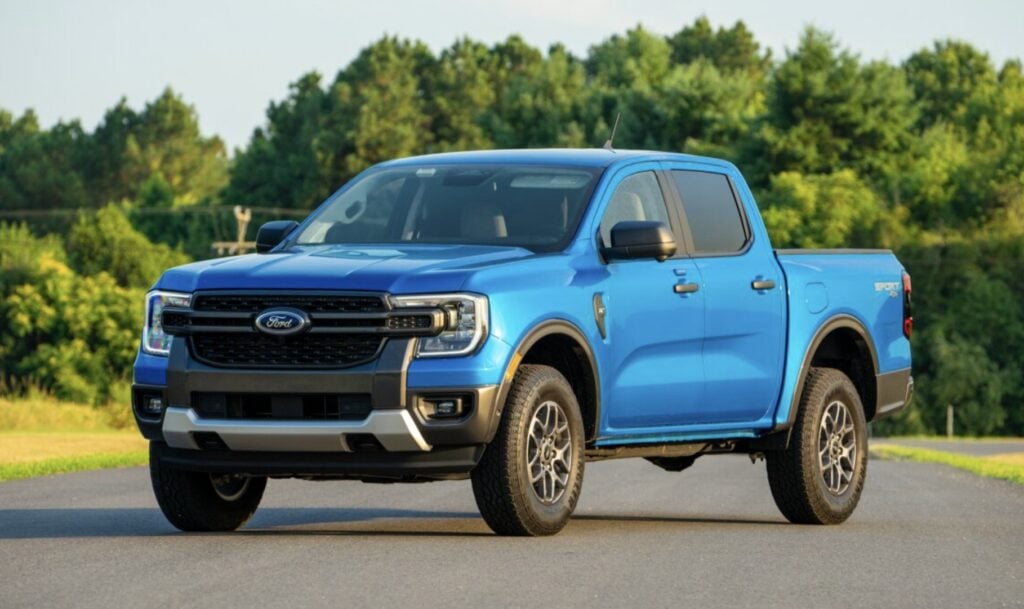
Best Deal: $461/month for 36 months with $461 due at signing
The Ford Ranger fits into that sweet spot between the Maverick and the larger F-150 Series—and with less than $500 due at signing and no down payment, it might just fit into your budget, too.
This offer won’t last long. See Ford offer details.
See Ford Ranger deals with CarEdge
Best Deal: $399/month for 36 months with $399 due at signing
Performance, prestige, and plenty of fun: what more could you ask for in a Mustang? How about a $0-down lease?
Offers like this don’t stick around for long. See Ford offer details.
See Ford Mustang deals with CarEdge
Best Deal: $465/month for 36 months with $465 due at signing
Avoid depreciation on an F-150 Lightning by leasing it for no money down instead. The Lightning is still the best-selling electric truck in America.
Get this offer before it expires. See Ford offer details.
See Ford F-150 Lightning deals with CarEdge
Best Deal: $359/month for 36 months with $0 due at signing
Experience first-hand why Volkswagen ranks fourth for lowest 10-year maintenance costs.
This offer won’t last long. See Volkswagen offer details.
See Volkswagen Jetta deals with CarEdge
Best Deal: $389/month for 36 months with $0 due at signing
Lease the stylish yet fuel-efficient Taos, VW’s compact SUV, for only $30 more per month than the 2025 Jetta SE.
This deal expires soon. See Volkswagen offer details.
See Volkswagen Taos deals with CarEdge
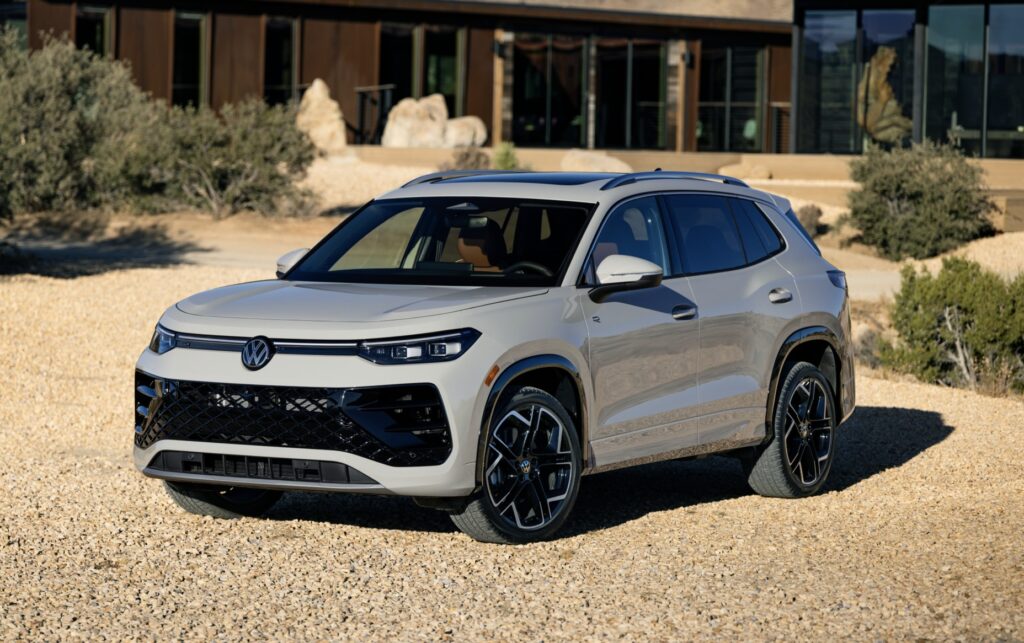
Best Deal: $419/month for 36 months with $0 due at signing
If two rows are all you need, the VW Tiguan makes getting over the river and through the woods to Grandmother’s house a cinch.
Offers like this don’t stick around for long. See Volkswagen offer details.
See Volkswagen Tiguan deals with CarEdge
Best Deal: $599/month for 36 months with $0 due at signing
Supersize your sleigh this holiday season with a 2026 VW Atlas that has plenty of room for presents.
This offer won’t last long. See Volkswagen offer details.
See Volkswagen Atlas deals with CarEdge
Best Deal: $599/month for 36 months with $0 due at signing
A no-down-payment lease on the 2026 VW Atlas Cross Sport SE Tech with 4MOTION sets you back less with this limited-time deal.
This deal expires soon. See Volkswagen offer details.
See Volkswagen Atlas Cross Sport deals with CarEdge
Best Deal: $620/month for 36 months with $0 due at signing
Volvo’s XC40 not only comes with a no-down-payment lease, but it’s also in our top 10 list of the best luxury SUVs.
Offers like this don’t stick around for long. See Volvo offer details.
See Volvo XC40 deals with CarEdge
Best Deal: $691/month for 36 months with $0 due at signing
Achieve the perfect balance between luxury and utility with a zero-down and zero-due-at-signing lease on the stately 2026 Volvo XC60.
This offer expires soon. See Volvo offer details.
See Volvo XC60 deals with CarEdge
Best Deal: $860/month for 36 months with $0 due at signing
Volvo’s largest luxury SUV comes with a $0-down payment plus all the trimmings, from creature comforts to life-saving safety features.
Offers like this don’t come along often. See Volvo offer details.
See Volvo XC90 deals with CarEdge

Best Deal: $977/month for 36 months with $0 due at signing
Only the second iteration of the newest EX90 platform, the 2026 model is a prime luxury SUV candidate if you’re looking for a $0-down lease this December.
Get this offer before it expires. See Volvo offer details.
See Volvo EX90 deals with CarEdge
Best Deal: $687/month for 36 months with $0 due at signing
Going electric never felt so fancy. Lease the 2026 EX40 for three years to stack up your fuel savings.
This offer won’t last long. See Volvo offer details.
See Volvo EX40 deals with CarEdge
Best Deal: $495/month for 36 months with $0 due at signing
If you’re looking for something a bit smaller and more affordable, the EX30 is worth considering, especially at around $500 a month.
Offers like this don’t stick around for long. See Volvo offer details.
See Volvo EX30 deals with CarEdge
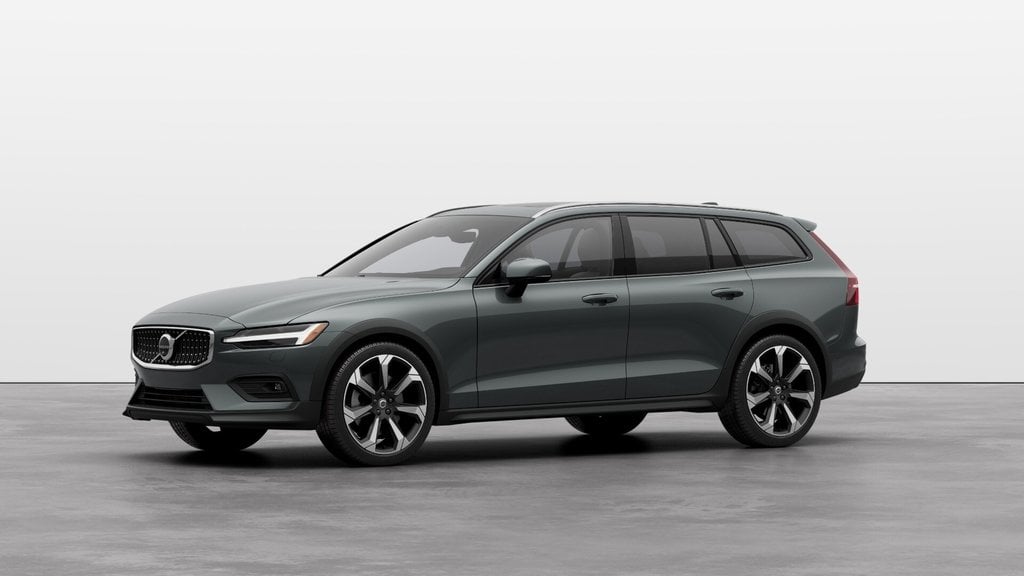
Best Deal: $738/month for 36 months with $0 due at signing
Volvo puts the “class” in classy luxury wagons reminiscent of modern limousines. Lease the latest V60 Cross Country model for under $800 a month with nothing due at signing.
Get this offer before it expires. See Volvo offer details.
See Volvo V60 Cross Country deals with CarEdge
Keep more cash in your bank account with these hard-to-beat $0-down leases, many of which are available on popular 2026 models. With set monthly payments and nothing down, you can drive away in a newer vehicle and ace your car budget for the next several years.
If you plan on leasing a car, put AI to work negotiating the best deal for you with CarEdge Pro. Your CarEdge auto experts are here to help you make an informed purchase and avoid buyer’s remorse. We want you to drive home in something you’re proud of.
Prefer to have a seasoned pro negotiate your deal? Buy with confidence with your personal Concierge.
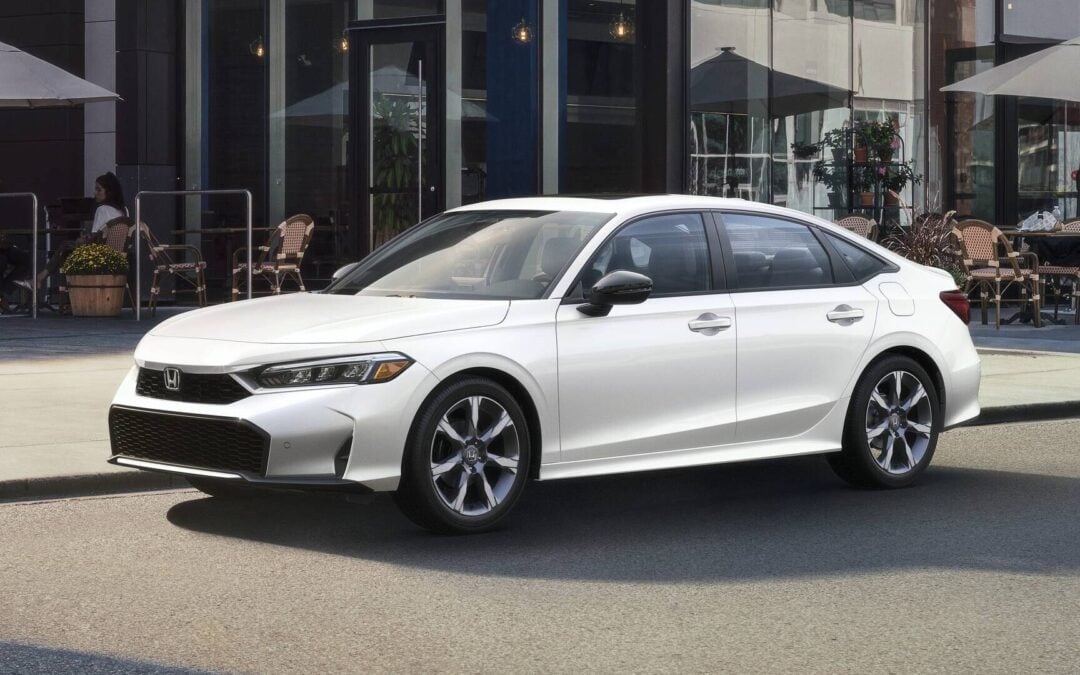
December is always the best month to buy a car, but not every year-end deal is worth your time. Some automakers are throwing free money at buyers to close out 2025, while others are phoning it in with offers that barely qualify as deals. We’ve sifted through hundreds of year-end sales to find what’s actually worth your attention—and what you should skip. Here are the five best and five worst car deals to end the year.

The deal: $0-down lease, $350/month for 36 months
The Civic sets the standard for compact cars, and this zero-down lease makes it even more affordable. With no money down and a low lease payment, it’s a great time to get into this reliable and practical sedan. See Honda offer details.
See the best Honda Civic deals with CarEdge
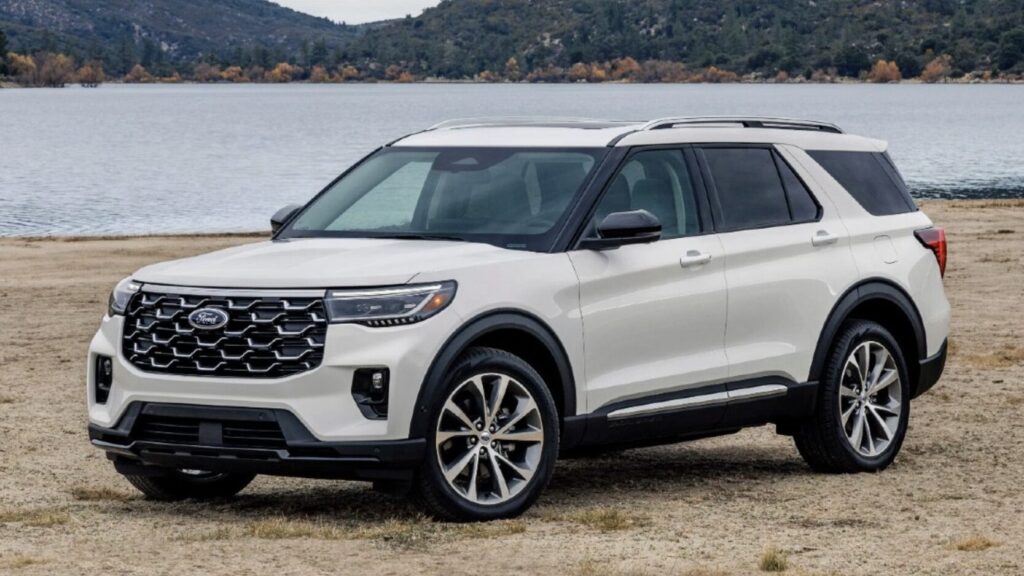
The deal: $0-down lease, $499/month for 36 months
One of Ford’s most popular SUVs is available with no money down for the end of the year. The Active is a well-equipped trim level, with standard all-wheel drive and a 300-horsepower engine. See Ford offer details.
See the best Ford Explorer deals with CarEdge
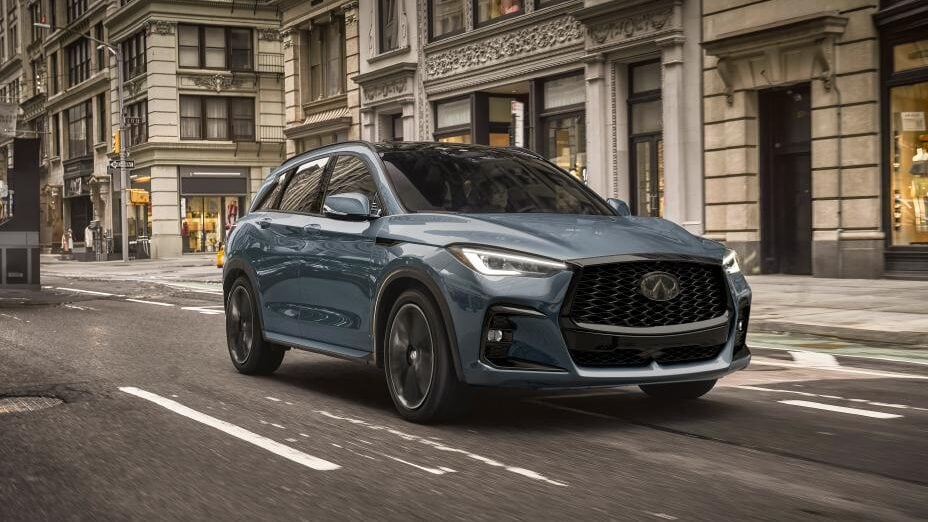
The deal: $6,500 cash
This discount is equivalent to roughly 15% off the MSRP of the QX50, which is being discontinued. That presents a rare opportunity to get behind the wheel of a compact luxury SUV at a more attainable price. See Infiniti offer details.
See the best Infiniti QX50 deals with CarEdge

The deal: Lease from $179/month for 39 months with $3,999 due at signing
One of Toyota’s most affordable models gets even more accessible with this low lease payment, which is one of the lowest available on any new car right now. The down payment is higher than some competitors’, but the monthly savings still add up. See Toyota offer details.
See the best Toyota Corolla deals with CarEdge

The deal: 0% APR financing for 60 months, or lease from $279/month for 36 months with $4,489 due at signing
Nissan is one of the few brands to offer zero-percent financing on a small crossover SUV for the end of the year. The $279 per month lease on the Rogue SV AWD is also very competitive, even with a fairly high down payment. See Nissan offer details.
See the best Nissan Rogue deals with CarEdge
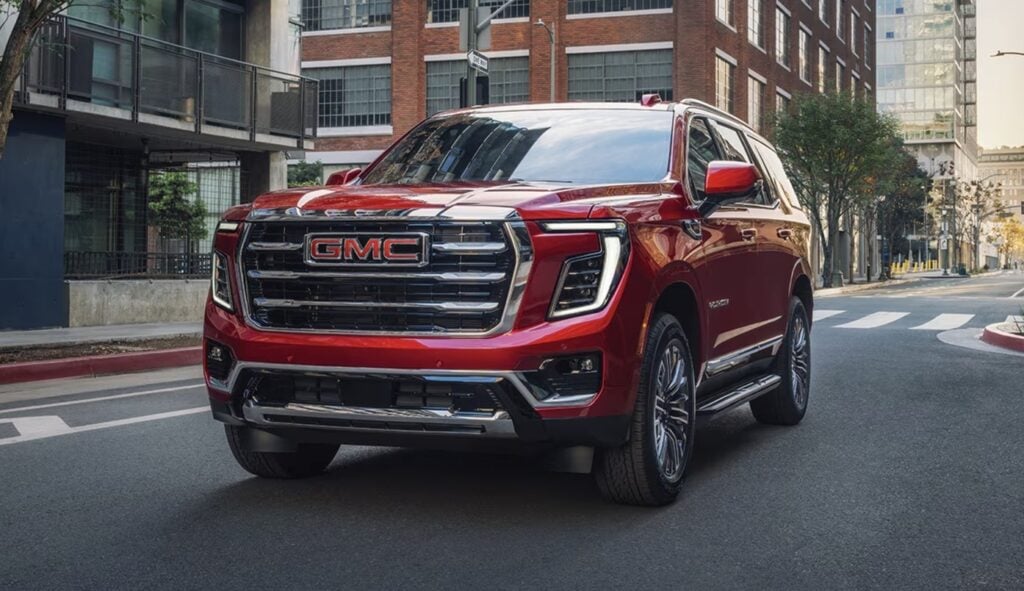
The deal: Lease from $719/month for 36 months with $14,549 due at signing
GMC is asking for a down payment that could buy a decent used car, and the monthly payment remains high. The only thing that makes this offer even somewhat attractive is that deals on the Yukon’s Chevy Tahoe sibling are equally scarce. See GMC offer details.
See the best GMC Yukon deals with CarEdge
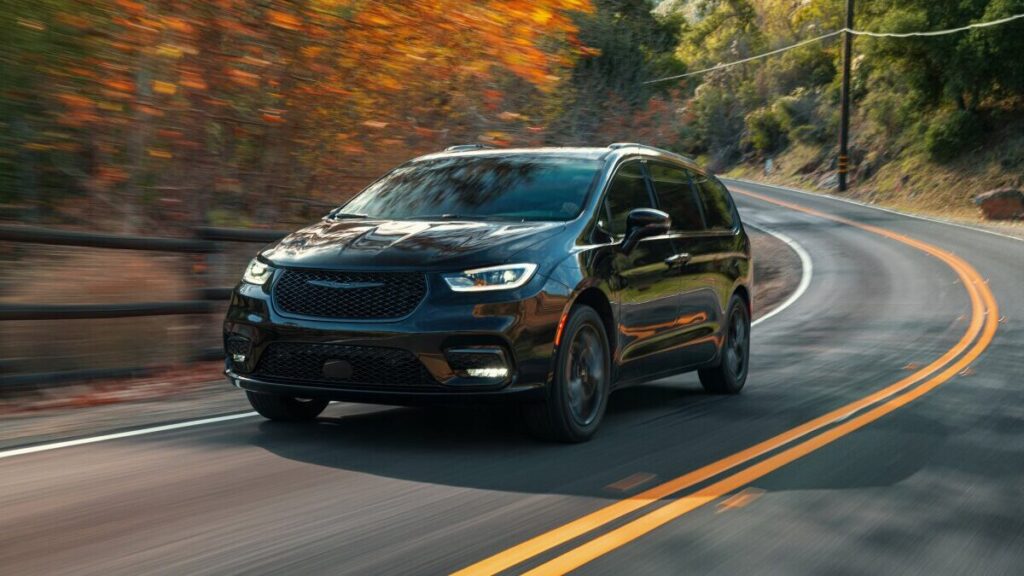
The deal: Lease from $399/month for 42 months with $4,139 due at signing
Chrysler’s best-seller has hit a sales wall, but the brand isn’t offering any true deals this December. The Pacifica is spacious and great to drive, but now isn’t a great time to buy one. See Chrysler offer details.
See the best Chrysler Pacifica deals with CarEdge

The deal: 6.9% APR financing for 72 months
This interest rate doesn’t constitute a deal, not when competitors are offering 0% APR year-end financing deals. The Durango is one of the last midsize SUVs available with a V8, but it’s also showing its age. See Dodge offer details.
See the best Dodge Durango deals with CarEdge
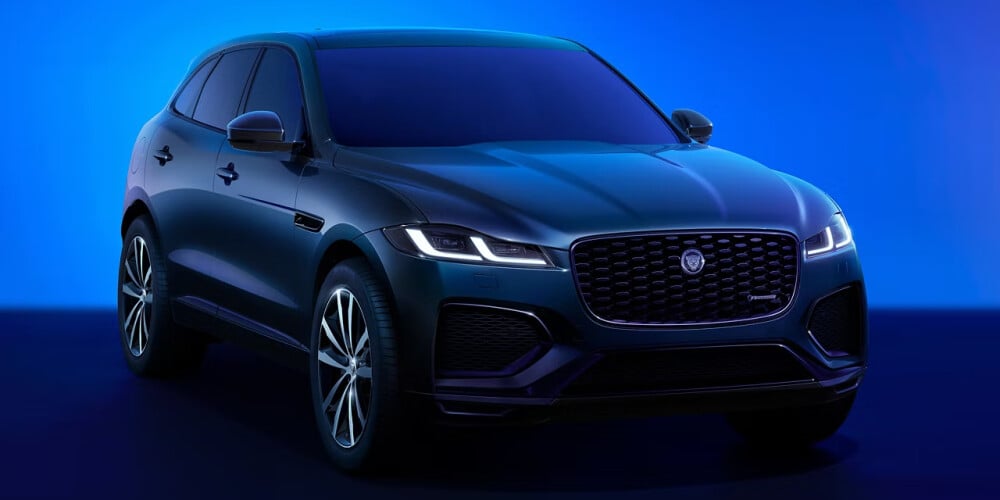
The deal: 3.9% APR financing for 48 months
Despite its name, the F-Pace is among the slowest-selling cars in the nation. Yet Jaguar’s incentives lag behind luxury competitors, most of which also have more models for customers to choose from. See Jaguar offer details.
See the best Jaguar F-Pace deals with CarEdge
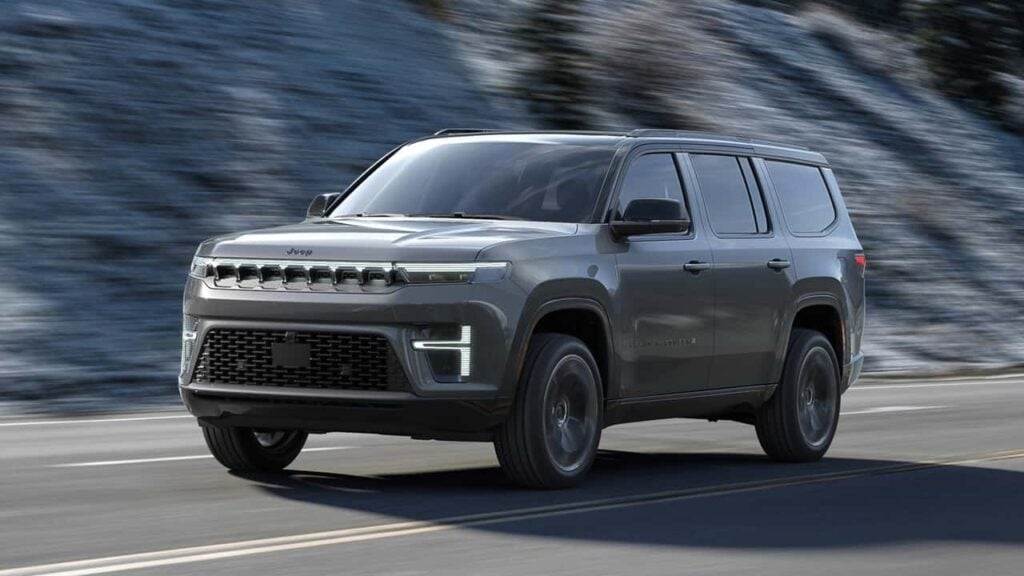
The deal: $1,500 bonus cash allowance for returning owners and lessees
The 2026 Grand Wagoneer is nearly $20,000 cheaper than last year’s model but it’s still not affordable by any means. This bonus cash offer won’t make a dent in the roughly $65,000 base MSRP of the 2026 Jeep Grand Wagoneer. That’s especially disappointing because these big SUVs have been selling slowly. See Jeep offer details.
See the best Jeep Grand Wagoneer deals with CarEdge
Even with a few duds in the mix, December remains the best time of the year to buy a car. Automakers are under pressure to hit year-end sales targets, and that pressure works in your favor, but only if you know where to look.
If you’re tired of the car buying hassle, CarEdge Concierge handles the entire process for you, from finding the right vehicle to negotiating the best price. Prefer to do it yourself? CarEdge Pro gives you insider data and an AI agent to negotiate on your behalf. Either way, you’ll get a year-end deal you can be proud of.

As the year comes to a close, there’s no better time to tap into savings, whether at checkout, the pump, or at your local dealership. If you’ve been on the fence about leasing or financing a hybrid but want to minimize your fuel spending while dashing through the snow, check out our list of the best deals on hybrid SUVs and sedans in December 2025.
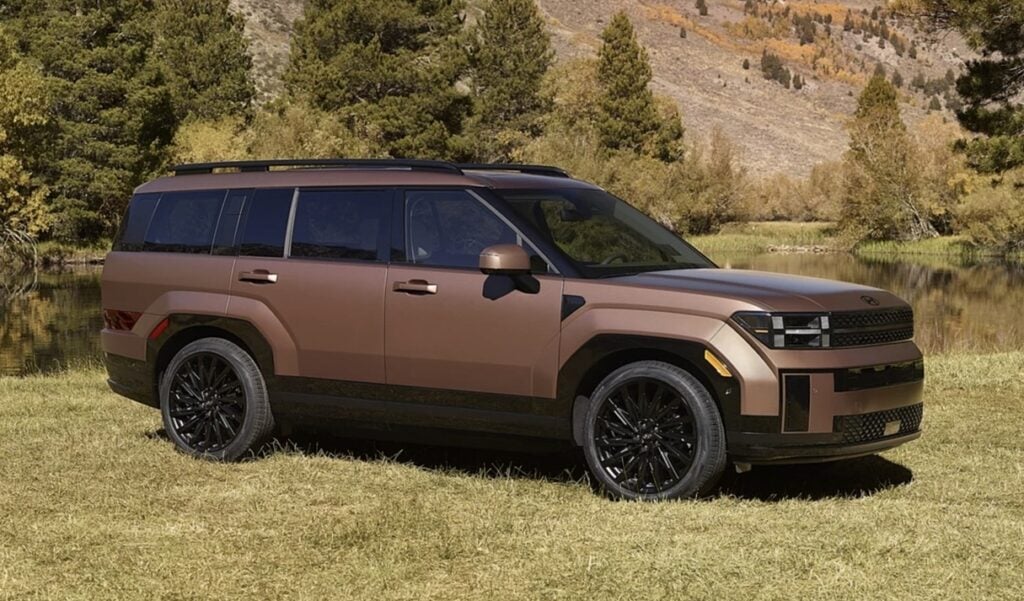
Best Deal: 0% APR for 60 months and no payments for 90 days
Make no payments on the 2026 Santa Fe Hybrid until springtime next year and enjoy interest-free financing for five years with Hyundai’s best December hybrid deals—on top of integrated fuel savings. Official estimates put the 2026 Hyundai Santa Fe Hybrid’s fuel economy at 37 city/36 highway/36 combined miles per gallon (MPG).
This offer ends January 2, 2026. See Hyundai offer details.
Explore Hyundai Santa Fe deals using CarEdge
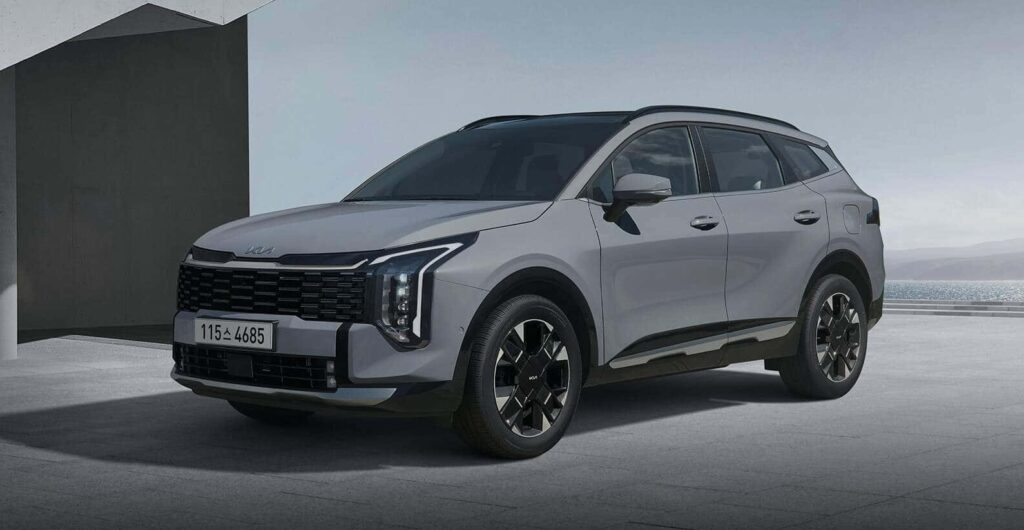
Best Deal: 0.9% APR for 60 months plus $1,000 cash offer or lease for $299/month for 36 months with $3,999 down
Combine Kia’s $1,000 cash offer with low-APR financing to get behind the wheel of a 2025 Sportage Hybrid. If you want to experience the 42 city/44/highway/43 combined MPG first before signing on the dotted line, lease the Sportage instead for less than $300 a month.
This offer is valid through January 2, 2026. See Kia offer details.
Explore Kia Sportage deals using CarEdge

Best Deal: Lease for $319/month for 36 months with $4,099 down
Backed by a strong legacy of reliability and the fuel savings of a 43 city/36 highway/40 combined MPG rating (2WD models), the newest CR-V Hybrid checks several boxes. While the CR-V platform may not be as luxurious as the last model on our list, it’s no pushover when it comes to resale value.
This offer expires soon. See Honda offer details.
Explore Honda CR-V deals using CarEdge

Best Deal: $4,500 cash bonus
Live in California, Massachusetts, New York, Oregon, Vermont, or Washington? Then this is your last year to get in the driver’s seat of a brand-new 2025 Ford Escape, which boasts an official 42 city/36 highway/39 combined MPG rating. Ford makes it worth your while with a $4,500 cash bonus, equal to 12% off MSRP on the base trim.
This offer expires January 5, 2026. See Ford offer details.
Explore Ford Escape deals using CarEdge

Best Deal: Lease for $219/month for 39 months with $3,999 down
If you’re interested in lowering your monthly payment and tapping into fuel savings, Toyota offers a sub-$250-per-month lease on the eco-friendly 2026 Corolla Hybrid, which is also available for financing at 4.99% APR for 72 months. With an official fuel economy rating of 53 city/46 highway/50 combined MPG, it’s one of the most fuel-efficient models on this list.
Offers like this won’t last long. See Toyota offer details.
Explore Toyota Corolla deals with CarEdge

Best Deal: 2.49% APR for 48 months or lease for $449/month for 36 months with $3,999 down
Does your Christmas wishlist include a hybrid luxury crossover that gets 45 MPG in town, 41 MPG on the highway, and 43 MPG combined? Unwrap Lexus’ best hybrid deals in December on the 2025 UX 300h, with 2.49% APR for a four-year loan or $449 per month on a three-year lease.
This offer expires soon. See Lexus offer details.
Explore Lexus UX 300h deals with CarEdge
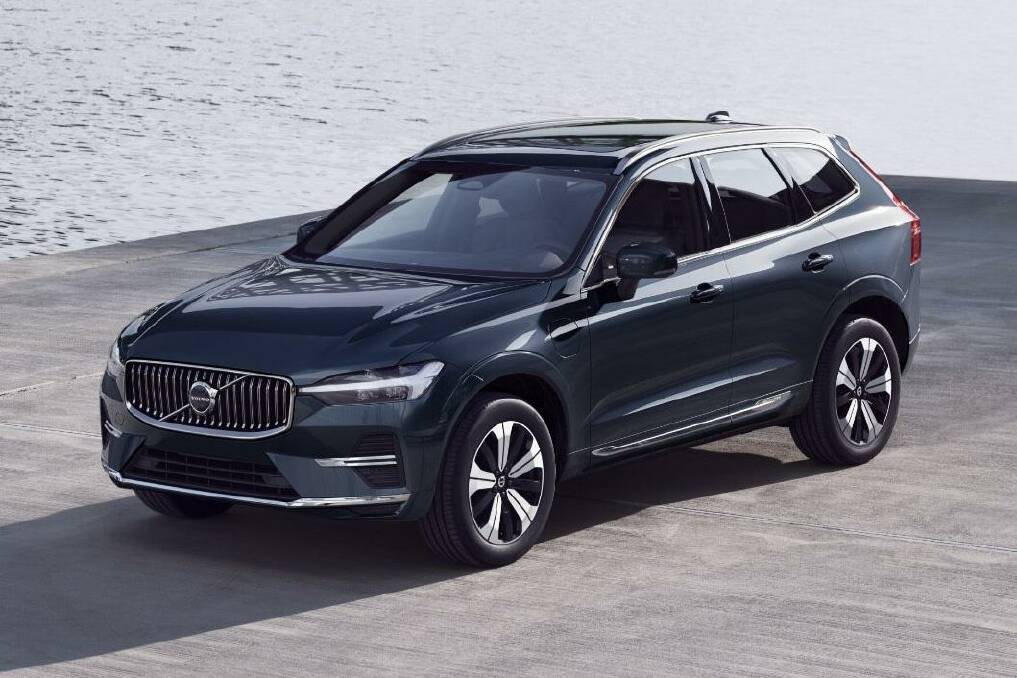
Best Deal: Lease for $672/month for 36 months with $0 down
They say the best things come to those who wait, and Volvo delivers on that with a zero-down luxury lease on the 2026 XC60 Core B5 AWD Hybrid. This rare offer on a premium mild-hybrid SUV with an official fuel economy rating of 23 city/30 highway/26 combined MPG won’t last long, and it likely won’t happen again for quite some time.
This exceptional offer ends January 2, 2026. See Volvo offer details.
Explore Volvo XC60 deals with CarEdge
Extend your savings well into 2026 with these December offers on fuel-efficient hybrids that reduce your fuel bill and your carbon footprint. Compare these popular models to see how total cost of ownership, depreciation, and maintenance costs stack up.
Tired of the hassle of haggling car prices, coordinating test drives, and arranging delivery? Let a CarEdge Concierge handle the critical details to give you peace of mind and get you behind the wheel sooner. Get a free consultation today.
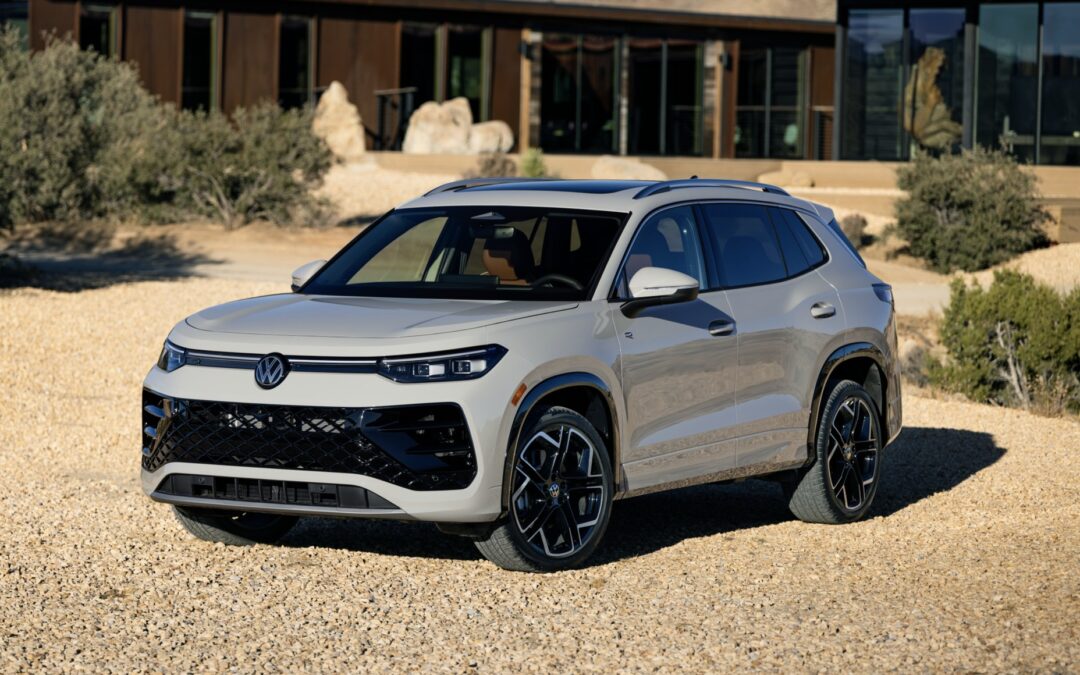
The end of the year is a great time to buy or lease a new SUV. This December, automakers are offering big discounts across their lineups to clear out as many 2025 models as possible before the new year. That includes both traditional SUVs and their crossover siblings. Whether it’s leasing, financing, or cash offers, we’re seeing great deals on several popular SUV models. These are the best year-end SUV sales in December 2025.

The best year-end deal: $4,000 cash back
This cash-back offer is equivalent to up to 13% off the MSRP of a 2025 Escape. That’s a massive discount compared to other small crossovers. But Ford is phasing out the Escape, so availability may be limited. See Ford offer details.
See the best Ford Escape deals with CarEdge

The best year-end deal: $0-down lease, monthly payment of $499 for 36 months
Ford is offering lease deals on both the Active and ST-Line trim levels this month, but only the Active can be had with no money down. While it is a lower trim level, the Active is well-equipped. See Ford offer details.
See the best Ford Explorer deals with CarEdge

The best year-end deal: $6,500 cash
This cash offer shaves up to 15% off the MSRP of a QX50, but you’ll have to pick from any remaining dealer inventory. Like the Escape, which also sees a big cash rebate this month, the QX50 is being phased out. See Infiniti offer details.
See the best Infiniti QX50 deals with CarEdge
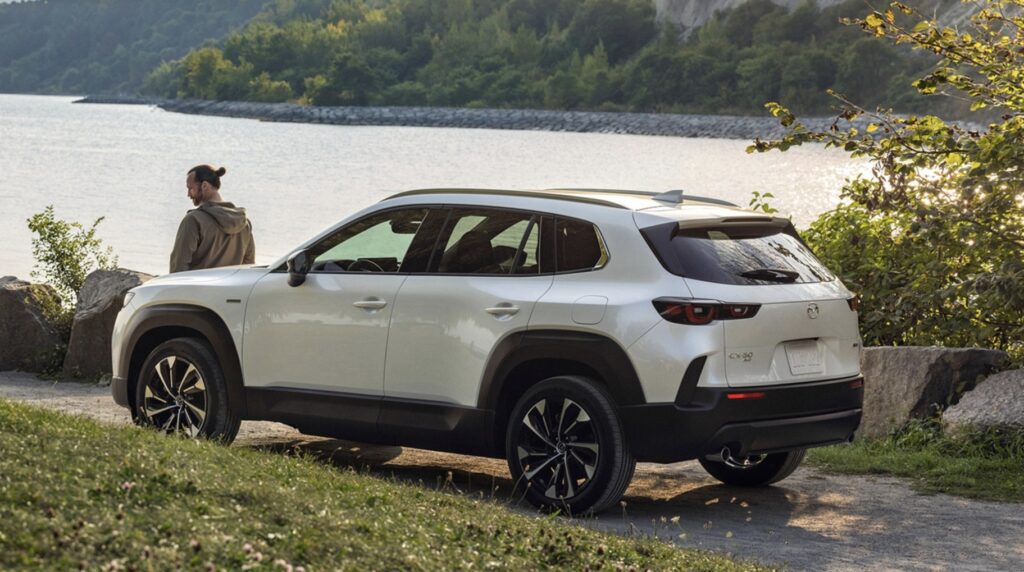
The best year-end deal: 0.9% APR financing for 72 months
It’s not zero-interest, but it’s pretty close. Mazda is offering the same financing on the CX-5, but the CX-50 is a bit newer and looks more like a traditional SUV. The low financing available for the CX-50 also beats Mazda’s best offer for the smaller CX-30. See Mazda offer details.
See the best Mazda CX-50 deals with CarEdge

The best year-end deal: 0% APR financing for 60 months
The Rogue is one of the few small crossovers available with 0% financing, although this offer only applies to the top Platinum trim level. Other models get 1.9% APR financing. The Platinum is more expensive than other Rogue trim levels, so this offer makes the most sense for customers already eyeing it. See Nissan offer details.
See the best Nissan Rogue deals with CarEdge
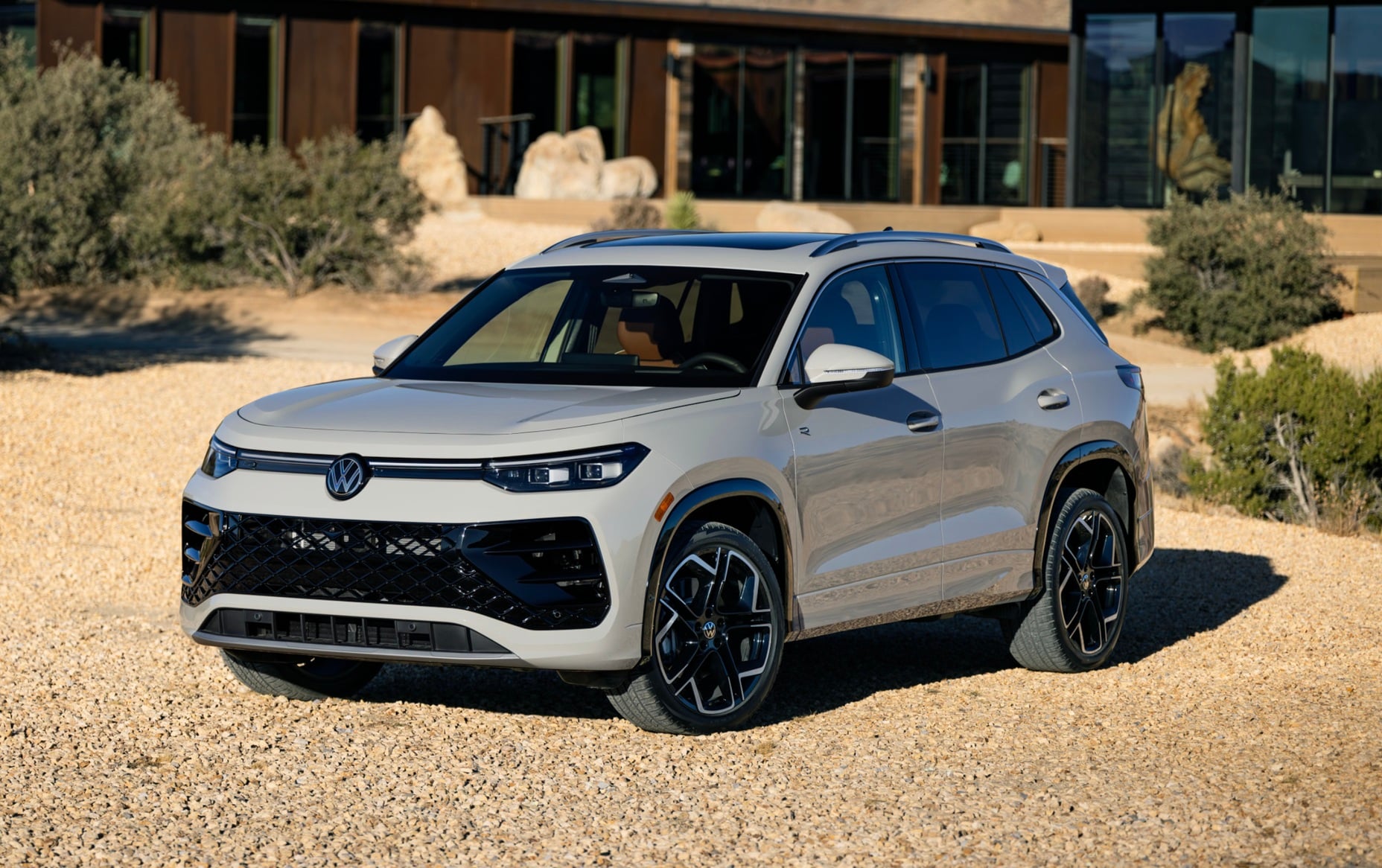
The best year-end deal: $0-down lease, monthly payment of $419 for 36 months
In addition to waiving the down payment, Volkswagen is offering a low monthly payment compared to rivals. This is one of the best deals yet on the redesigned Tiguan. See Volkswagen offer details.
See the best Volkswagen Tiguan deals with CarEdge

The best year-end deal: 0% APR financing for 72 months
Interest-free financing is always a plus, but especially on a luxury SUV like the EX90. With a starting price near $80,000, this financing offer could save you a lot over the course of a loan. See Volvo offer details.
See the best Volvo EX90 deals with CarEdge
Now that you know the best year-end SUV sales, you can use CarEdge to find the exact vehicle you want and negotiate with a dealer for the best price. Like 2025, these deals won’t last much longer. Learn how CarEdge makes car buying easy, from our all-inclusive car buying service to the ultimate toolkit for DIY negotiators.